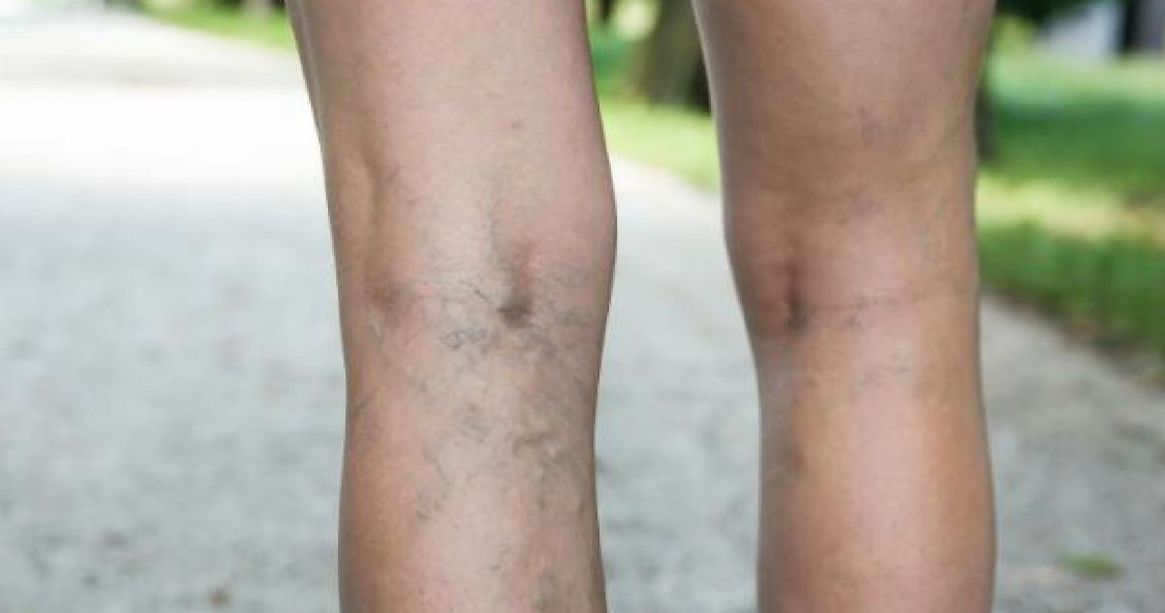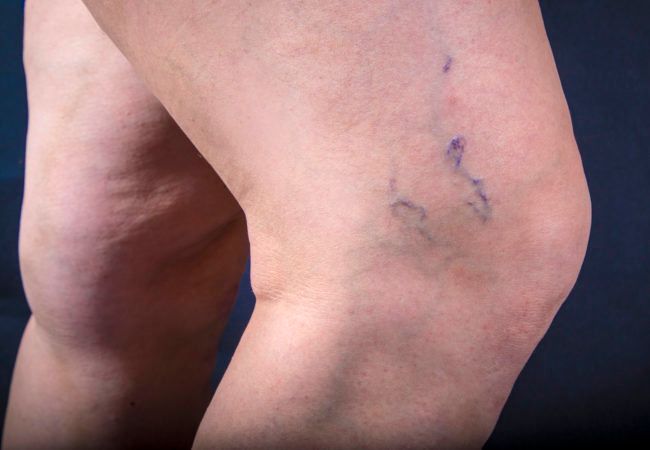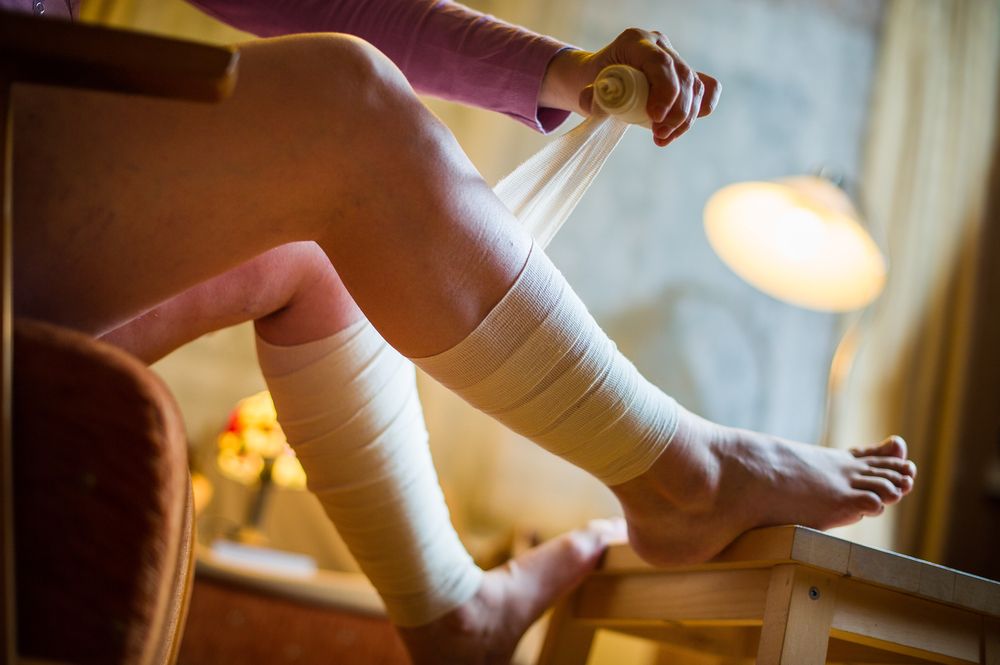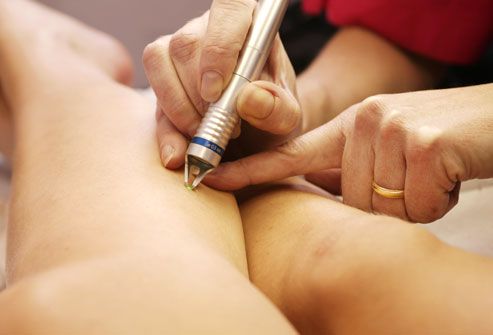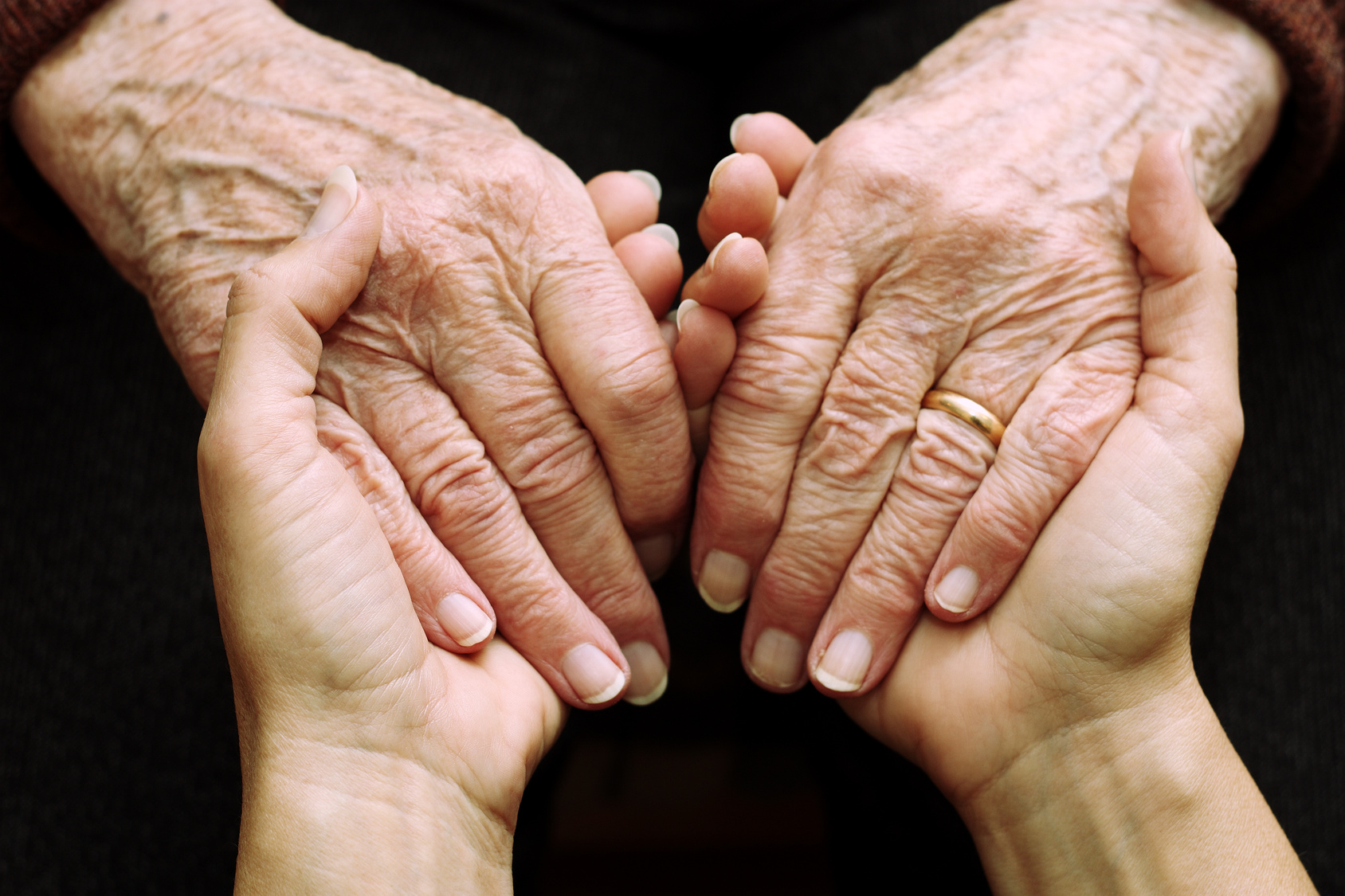Varicose veins are enlarged, twisted veins that most commonly affect the legs and feet.
A specialist in a vein clinic in Phoenix mentioned that the misconception is that these veins are a sign of aging, but there are actually a lot of factors as to why someone would develop these lines below their torso. The misconception is that these veins are a sign of aging, but there are actually a lot of factors as to why someone would develop these lines below their torso.
According to Office on Women's Health, it's estimated that more than 40% of adults suffer from swollen blood vessels, and I'm sure every single of one them has wondered where these veins come from and what it says about their health.
Lay your worries to rest and read the rest of this article to find out all you need to know about varicose veins and the best way you can get rid of them.
Are spider veins the same thing?
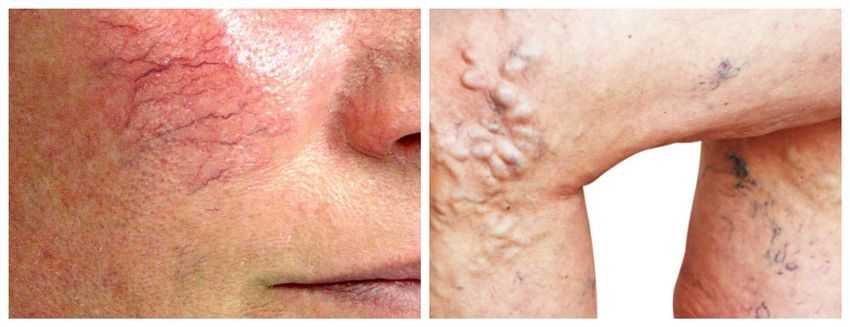
Most people confuse varicose veins for spider veins, but in fact they're two different things.
Varicose veins are large, raised, and can twist and turn, whereas spider veins are smaller and appear much more delicate.
Symptoms of spider veins include itching, burning, and stinging. The symptoms for varicose veins are a little more serious, such as heaviness, aching, swelling, leg fatigue, and restless legs.
Are they dangerous?
Varicose veins, for the most part, are hereditary. If your parents or grandparents have weak vein walls, there's a good chance that they passed that gene down to you.
Also, more women suffer from varicose veins than men.
As for what these veins mean for your health, if you feel pain, you should go see your doctor.
Untreated varicose veins may develop into ulcers, cause bleeding and blood clots, which could be lethal.
Now, if you have varicose veins and you're on birth control pills, hormone replacement therapy, or are pregnant, you may not have too much to worry about, but you should still consult your doctor.
According to Reader's Digest, an increase in hormones causes your blood volume to increase too, which puts more stress on your veins.
Whether your bluish-purple veins are a cosmetic or medical concern, make sure you maintain a healthy lifestyle to prevent these swollen veins from getting worse.
"These include lack of exercise and obesity, and sitting/standing for long periods of time repeatedly," Dr. Luis Navarro, founder and director of The Vein Treatment Center in New York City, told the magazine.
Is it treatable?
The good news is that varicose veins are treatable, but you might have to shell out some money.
That being said, the earlier you treat varicose veins, the better. Not only will you reduce the symptoms faster, you'll also receive the best cosmetic results.
As for how you can treat these swollen veins, experts say at-home remedies, like witch hazel and apple cider vinegar, simply don't work. You'll have to seek professional treatment.
Sclerotherapy, which is a procedure where medicine is injected into the vessel to cause the vein to shrink, can gradually remove your varicose veins. Other options include surgery and laser therapy.
While at-home therapies won't get rid of varicose veins, they may help to mitigate the symptoms.
Some doctors recommend a healthy lifestyle, massages, elevating the feet, and avoid long periods of standing.
To improve blood flow, compression socks are also a good idea.
